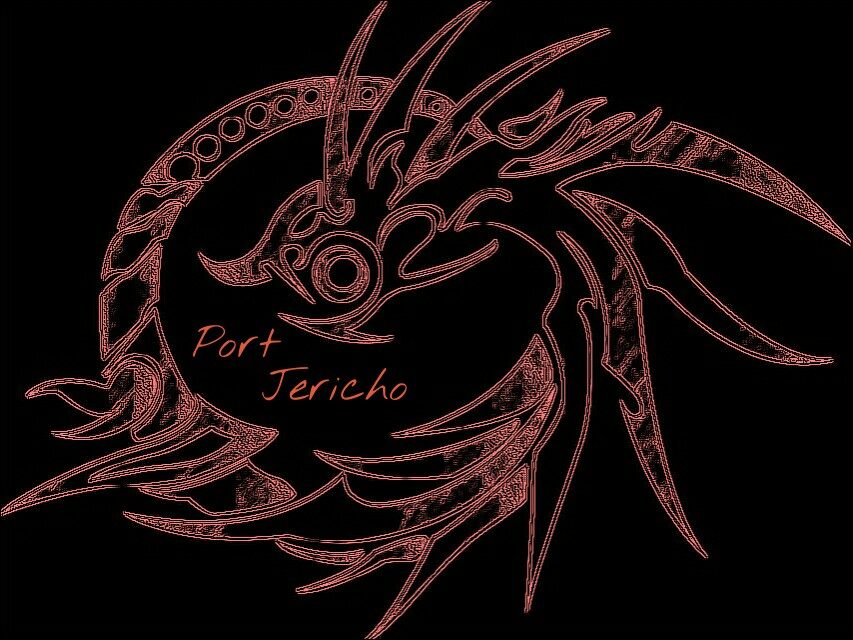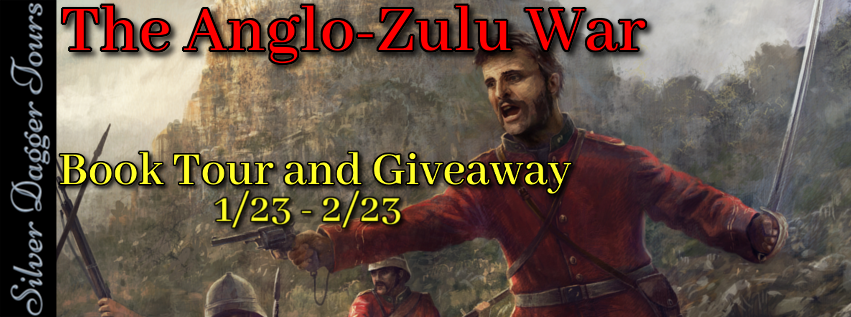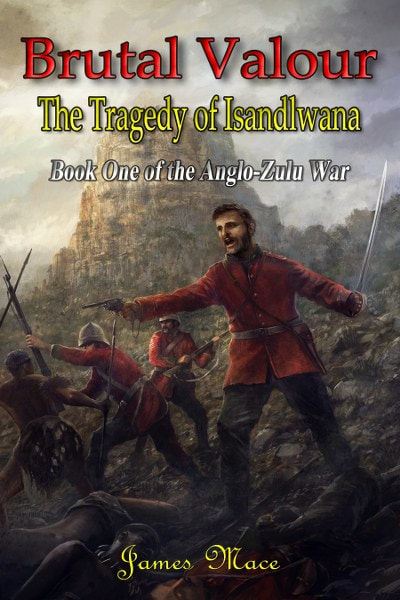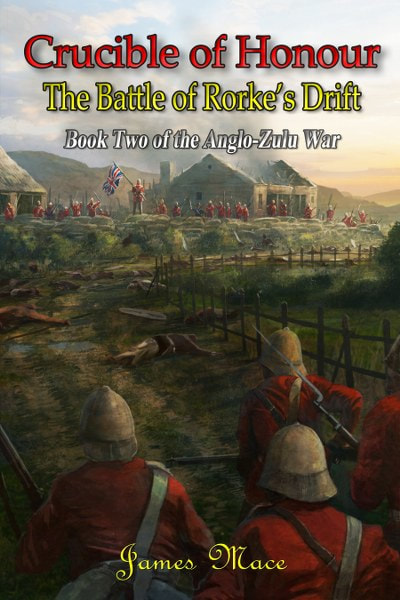British High Commissioner Sir Henry Bartle-Frere seeks to dismantle
the powerful neighbouring kingdom of the Zulus and uses an incursion
along the disputed border as his justification for war. He issues an
impossible ultimatum to the Zulu king, Cetshwayo, demanding he
disband his armies and pay massive reparations. With a heavy heart,
the king prepares his nation for war against their former allies.
Chelmsford, a highly experienced officer fresh off a decisive triumph
over the neighbouring Xhosa tribes. He and Frere are convinced that a
quick victory over the Zulus will negate any repercussions from the
home government for launching what is, in essence, an illegal war.
and Richard Lowe; members of C Company, 1/24th Regiment of Foot under
the venerable Captain Reginald Younghusband. Eager for adventure,
they are prepared to do their duty both for the Empire and for their
friends. As Frere’s ultimatum expires, the army of British redcoats
and allied African auxiliaries crosses the uMzinyathi River at
Rorke’s Drift into Zululand. Ten days later, the British and Zulus
will meet their destiny at the base of a mountain called Isandlwana.
African allies cross the uMzinyathi River to commence the invasion of
the Zulu Kingdom, a handful of redcoats from B Company, 2/24th
Regiment are left to guard the centre column’s supply depot at
Rorke’s Drift.
miles to the east, comes under attack from the entire Zulu army and
is utterly destroyed. Four thousand warriors from King Cetshwayo’s
elite Undi Corps remained in reserve and were denied any chance to
take part in the fighting. Led by Prince Dabulamanzi, they disobey
the king’s orders and cross into British Natal, seeking their share
in triumph and spoils. They soon converge on Rorke’s Drift; an easy
prize, with its paltry force of 150 redcoats to be readily swept aside.
the tiny British garrison readies to receive the coming onslaught.
Leading them is Lieutenant John Chard, a newly-arrived engineer
officer with no actual combat experience. Aiding him is B Company’s
previously undistinguished officer commanding, Lieutenant Gonville
Bromhead, along with 24-year old Colour Sergeant Frank Bourne, and a
retired soldier-turned civilian volunteer named James Dalton.
fifteen miles further east, at Mangeni Falls. However, with a huge
Zulu force of over twenty-thousand warriors between them and the
drift, their ammunition and ration stores taken or destroyed, and an
impossible distance to cover, Chelmsford’s battered column cannot
possibly come to the depot’s aid, and must look to their own
survival. The defenders of Rorke’s Drift stand alone.
including seven Ancient History best-sellers, and two South African
History best-sellers. He penned the initial draft of his first novel,
“Soldier of Rome: The Legionary”, as a cathartic means of
escapism while serving with the U.S. Army in Iraq from 2004 to 2005.
His works span numerous eras, from Ancient Rome to the British Empire.
for exclusive excerpts and a giveaway!

The sounds of men shouting and horses galloping in the distance forewarned Lieutenant Charles Cavaye and E Company.
“Look alive, lads!”
If there were friendly cavalry rushing towards them at such speed, then the Zulus could not be far behind. Cavaye waved his helmet at the horsemen who turned and galloped frantically towards his position.
“Get ready, boys, they’re not far behind us!” Charlie Raw shouted, as he rode past the company on their far left.
Cavaye kept the bulk of his men over-watching the ground to the north. However he’d earlier detached a section under his lone subaltern, 2nd Lieutenant Edwards Dyson, about five hundred yards to his left to protect his flank. They, like everyone else, heard the shooting coming from Raw’s troop, yet were still oblivious to just how large of a Zulu force they now faced. Cavaye had arranged his men in extended order, with six feet between each man. They readied themselves for the coming fight.
“Over there, sir,” his colour sergeant said, nodding towards Mkwene Hill, seven hundred yards northeast.
Both men scanned with their field glasses. They saw at first a handful, then growing numbers of Zulu warriors.
“What the devil are they doing?” Cavaye asked.
The Zulus were crouching low and moving laterally rather than towards them.
“Doesn’t matter,” the colour sergeant said matter-of-factly. “Shall we announce ourselves, sir?”
The officer commanding nodded and called out, “Contact front! At 700 yards…volley by sections!”
Knowing his company was too spread out to effectively manage alone, he had briefed his sergeants and corporals that, should they come into contact, each section leader would take control of their firing. He had further stressed the need for fire discipline. Each man had only seventy rounds, and Quartermaster Pullen’s ammunition stockpile was nearly two miles away.
Seven hundred yards was an astounding distance to try and hit a stationary target from, let alone nimble, fleet-footed Zulus moving with much speed and purpose. Still, Cavaye could not sit idly and watch them, not when they were technically within range of the Martini-Henry Rifle. Shots rang out from his various sections. He watched through his glasses and could see the puffs of dust and breaking rocks from his men’s bullets. Occasionally a Zulu would fall. One warrior was smashed in the hip, the force of the bullet’s impact kicking his legs out from under him.
“Mister Cavaye!” a voice called from behind him. It was Captain Edward Essex, the senior transportation officer for the column. He was mounted on a horse and appeared very excited.
“Captain,” Cavaye replied calmly.
“Compliments of Colonel Pulleine. It would seem we are dealing with the entire Zulu impi, and not some renegade ibutho.”
“That would explain their bizarre movements,” the colour sergeant said, watching the long line of Zulus manoeuvring gradually southwest. They were now within four hundred yards, and section leaders were shouting at their men to adjust their sights.
Captain Essex observed the bounding mass of enemy warriors and gave a nod of understanding. “That means these men are one of the horns.” He then grimaced. “By God, the way they are formed up they even look like a bloody horn! Captain Mostyn’s F Company is coming up to support you. He was on foot, but sent me ahead to inform you. They should be on the field in just a few minutes.”
“Good to know, sir.” Cavaye’s demeanour was unchanged, yet his stomach turned. His men were facing an enveloping horn of the main Zulu army! If the enemy to his front was one of the horns, then the ‘Chest’, which was certainly headed straight for Isandlwana, would eventually be behind him. The thought of being cut off from the rest of the battalion did not sit well.
As promised, Captain Mostyn and F Company soon arrived. They climbed up the slope just as the Zulus to Cavaye’s left-front came under fire from Dyson’s detachment. They were much closer now, just two to three hundred yards from their adversaries. The young officer’s men were having much better success at finding their targets. However, despite the losses they were suffering, the Zulus were making no attempt to attack the company of redcoats, but instead pressing on towards the west.
Off to Cavaye’s right, he had forgotten about the company of NNC on picquet duty. Their riflemen were firing wildly, burning through their paltry lot of ammunition and hitting nothing.
Captain Mostyn, meanwhile, was directing his company to fill the gap left between Cavaye and Dyson. His men unleashed a savage volley of musketry into them. The Zulus, losing men all the while, continued to move laterally, refusing to engage directly. This troubled the officers far more than if the enemy had attacked.
Cavaye’s concerns about the Zulu ‘Chest’ getting behind him were soon shared by Lieutenant Colonel Pulleine. He was near the artillery, trying to observe the effects of their fire, when he realised the danger to his companies. With the amabutho of the ‘Chest’ now in full view, Henry knew that E and F Companies were at serious risk of being flanked and overrun.
“Ride like hell and get them back,” he ordered Melvill.
The adjutant, realising the danger as well, galloped away with all haste.
“Mister Coghill!”
“Sir?” the young officer replied. Unable to walk with his injured knee, yet able to ride, he was anxious to do his part. The pain in his leg was temporarily forgotten.
“Ride to Captain Younghusband. Advance his company far enough forward to cover Mostyn and Cavaye’s retreat. They will dress off C Company’s right, once returned to the firing line. The NNC and Zikhali Horse will support.”
“Very good, sir.”
———————————————
The soldiers of C Company had watched the departure of Mostyn’s F Company and were concerned about their mates. It was about a mile to Mkwene Hill from where they stood. They could see very little, but the thunder of continuous volleys could be plainly heard. They then watched Lieutenant Melvill riding with all haste towards the forward companies. Reginald knew they would be withdrawing soon, and this was confirmed by Coghill’s arrival.
“Captain Younghusband!” the ADC shouted, riding up to him. “Colonel Pulleine needs you to advance far enough to cover Mostyn and Cavaye’s withdrawal, sir. They will fall in on your right, once returned to the main firing line.”
“Thank you, Mister Coghill,” the captain acknowledged before shouting, “Company will advance three hundred yards!”
While many of the officers were mounted, like Captain William Mostyn, Reginald Younghusband preferred to fight on foot. He was also very fond of his horse, Nikki, and the thought of her being killed by a Zulu musket did not sit well with him. He also wanted there to be no doubt in the minds of his soldiers that, should matters take a turn for the worse, he would fight and die beside them.
Given the need for haste, there was no formal marching order given, only a series of NCOs shouting, “Follow me!”
As he, Richard, Bray, and the others of their section followed Sergeant Edwards, Arthur’s gaze was fixed on the hilltop to their direct front, over a mile distant. It formed the western edge of the Nyoni Ridge, and he could see bands of Zulus lurking in the saddle between the hilltop and the ridge. It was these enemy warriors they needed to supress in order to cover E and F Companies’ withdrawal. They soon reached the Nyogane Donga and faced towards the saddle to the northeast.
“Mister Melvill!” Captain Younghusband shouted to the adjutant riding back towards them. “Inform Captain Mostyn that we are set. Once he reaches us, we’ll bound by companies back to the firing line.”
“Sir,” Melvill acknowledged, turning his horse about once more.
Arthur nervously palmed his rifle, his hands sweaty from both the heat and apprehension.
“Load!” the captain ordered.
Arthur took a few deep breaths to calm his nerves. He opened the breach and shoved a round into the chamber. Like Bray had shown him, he kept the rounds in his ready pouch layered in rows with a folded cloth wrapping around each row. He quietly prayed for no jams or malfunctions from his weapon this day. His first battle, which had seemed all-consuming at the time, was little more than a schoolyard scrap by comparison. The Zulus here were far more numerous, and they were anxious for a brawl.
The sounds of firing kept coming from the north. Within minutes, Lieutenant Melvill came riding down the slope at a brisk pace. It was not just the two companies of redcoats retreating in the adjutant’s wake. Charlie Raw, who had paused to help support the two companies, was leading his troop of Zikhali Horse, after their harrowing ride down the nine miles of ridges and hills. They were down to their last few cartridges and in desperate need of resupply if they were to do any more good that day. The Zulus surging over the ridge near Mkwene Hill spotted them. Sensing a ripe target, they were hurdling towards the company from the cover of the ridge.
“At four hundred yards!” Captain Younghusband shouted. “Present…”
Arthur quickly double-checked his sights and brought his rifle up to his shoulder. He shifted his feet slightly, bringing his rear foot back slightly. He slowed his breathing, allowing his front sight-post to rise and fall with each breath. He placed it around the centre of the mass of Zulus, who were now sprinting to the next piece of cover, hoping to flank Cavaye and Mostyn’s companies.
“Fire!”










